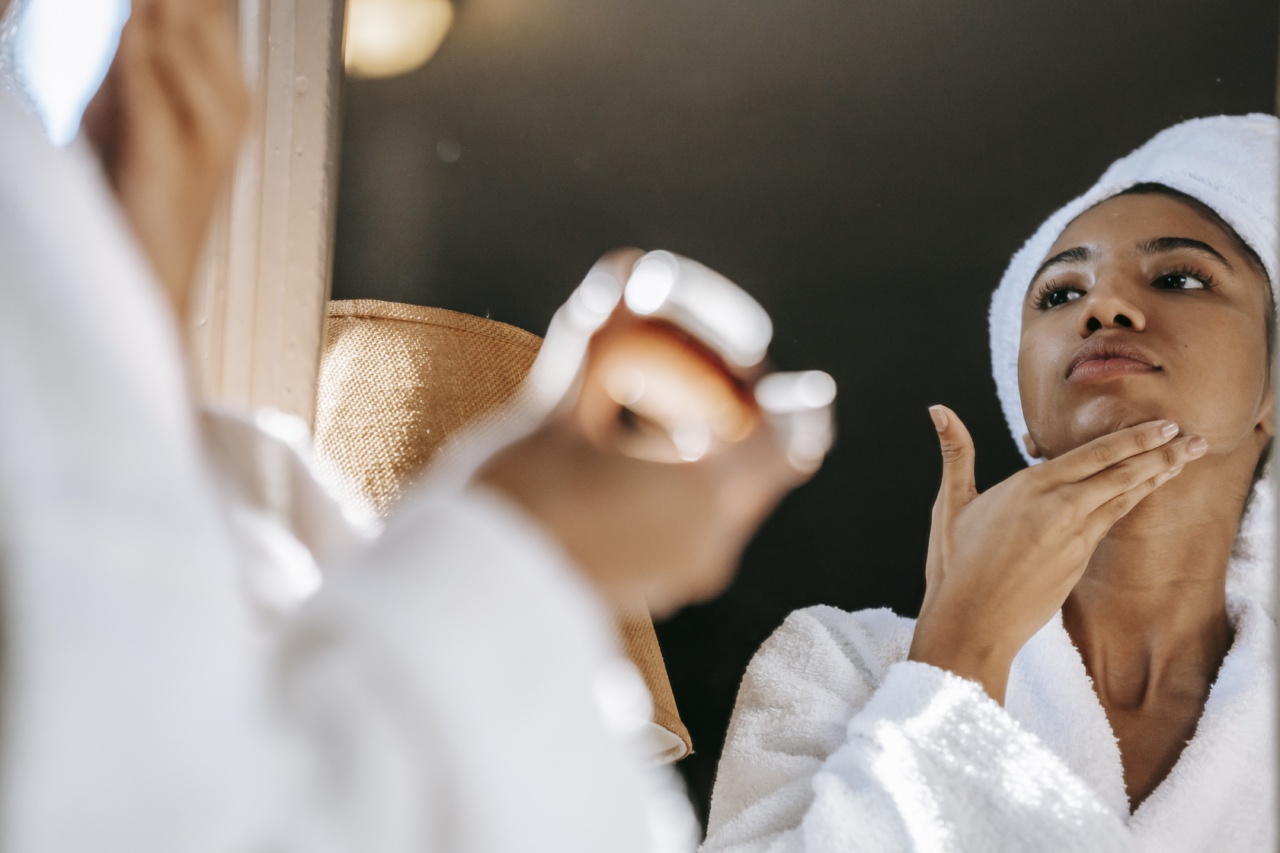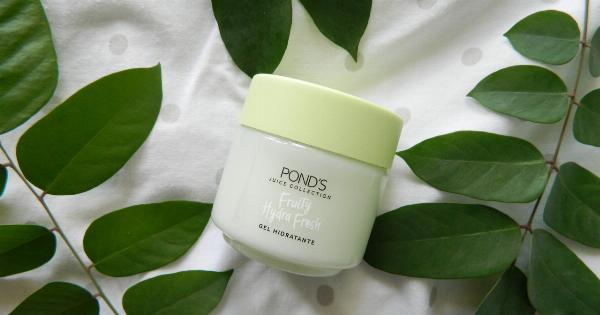Acne is a common skin condition that affects people of all ages. It can be frustrating and have a negative impact on one’s self-esteem. However, there are numerous anti-acne measures that individuals can adopt to manage and prevent breakouts.
In this article, we will discuss effective strategies for combating acne at every stage of life.
1. Anti-Acne Measures for Adolescents
Adolescence is a time when hormonal changes can trigger acne breakouts. To combat this, teenagers can follow these tips:.
2. Establish a Daily Skincare Routine
Cleansing the face twice a day with a mild cleanser helps remove excess oil, dirt, and dead skin cells. This prevents clogged pores and reduces the risk of acne flare-ups.
3. Avoid Touching and Picking at the Face
Touching the face transfers bacteria, dirt, and oil from the hands, worsening acne. Picking at existing pimples can lead to scarring and further inflammation.
4. Use Non-Comedogenic and Oil-Free Products
Non-comedogenic and oil-free skincare and cosmetic products are less likely to clog pores and aggravate acne. Look for products labeled specifically for acne-prone skin.
5. Limit Sun Exposure
While some sun exposure can improve acne temporarily, excessive sun exposure can cause skin damage and worsen inflammatory acne. Regular use of broad-spectrum sunscreen, SPF 30 or higher, is essential.
6. Anti-Acne Measures for Adults
Acne can persist into adulthood or appear for the first time during this phase. Here are some tips to manage adult acne:.
7. Maintain a Consistent Skincare Routine
Incorporate a gentle cleanser, toner, and moisturizer into your daily skincare routine. Consistency is key to prevent acne breakouts and control oil production.
8. Avoid Triggering Factors
Identify potential triggers such as certain foods, stress, hormonal imbalances, or certain medications. Make necessary lifestyle changes or seek professional advice to manage these factors effectively.
9. Exfoliate Regularly
Exfoliating removes dead skin cells and unclogs pores. However, be cautious not to over-exfoliate, as it can irritate the skin and worsen acne. Choose a gentle exfoliant suitable for your skin type.
10. Seek Professional Help
If home remedies and over-the-counter treatments are not effective, consult a dermatologist. They can prescribe topical or oral medications, perform procedures like chemical peels or laser therapy, or recommend other appropriate treatments.
11. Anti-Acne Measures for Seniors
Although acne typically improves with age, some seniors may still experience breakouts. Here’s how to address acne concerns in older adults:.
12. Gentle Skincare
Switch to gentle cleansers and moisturizers formulated for mature skin. Aging skin tends to be drier, so hydrating products are essential to maintain a healthy skin barrier.
13. Focus on Anti-Aging and Anti-Acne Products
Choose skincare products that address both acne and aging concerns. Look for ingredients like retinol, salicylic acid, and hyaluronic acid to target acne while also improving skin texture and reducing the appearance of fine lines and wrinkles.
14. Consider Hormonal Factors
Fluctuating hormones, especially during menopause, can contribute to acne breakouts. Talk to a healthcare professional to explore hormonal therapy options that may help manage acne.
15. Avoid Harsh Scrubbing
Aggressive scrubbing can irritate aging skin and worsen acne. Opt for gentle cleansing techniques and consider using a soft washcloth or your hands instead of harsh exfoliating brushes.
16. Conclusion
Acne is a skin condition that affects individuals of all ages, but with proper care and precautions, it can be managed effectively.
Establishing a consistent skincare routine, avoiding triggers, using appropriate products, and seeking professional help when necessary are key steps in the fight against acne. Remember, patience and consistency are vital in achieving clear and healthy skin.




























